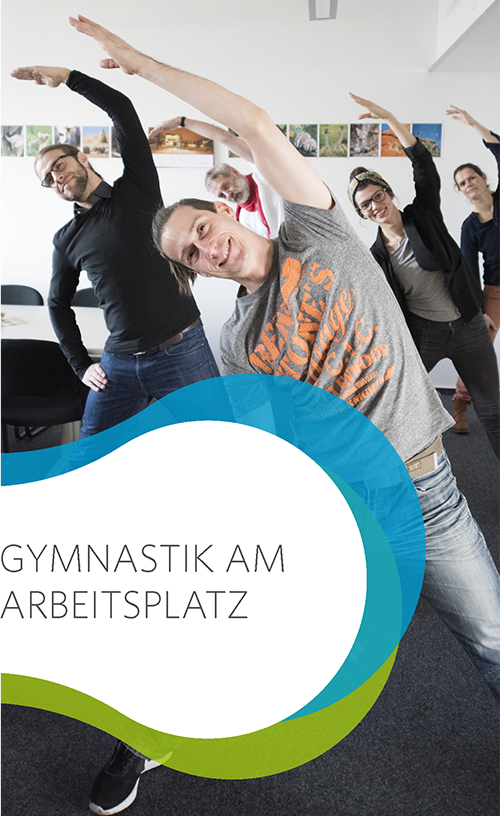
WEIGHT: 66 kg
Breast: 38
1 HOUR:120$
NIGHT: +60$
Services: Lesbi-show soft, Face Sitting, Uniforms, Golden shower (out), Deep Throat
The demographic change in industrial countries, with increasingly sedentary lifestyles, has a negative impact on mental health. Normal and pathological aging leads to cognitive deficits. This development poses major challenges on national health systems. Therefore, it is necessary to develop efficient cognitive enhancement strategies.
Here, we outline insufficiently explored fields in exercise-cognition research and provide a classification approach for different motor-cognitive training regimens. We suggest to classify motor-cognitive training in two categories, I sequential motor-cognitive training the motor and cognitive training are conducted time separated and II simultaneous motor-cognitive training motor and cognitive training are conducted sequentially.

In addition, simultaneous motor-cognitive training may be distinguished based on the specific characteristics of the cognitive task. If successfully solving the cognitive task is not a relevant prerequisite to complete the motor-cognitive task, we would consider this type of training as IIa motor-cognitive training with additional cognitive task. In contrast, in ecologically more valid IIb motor cognitive training with incorporated cognitive task , the cognitive tasks are a relevant prerequisite to solve the motor-cognitive task.
We speculate that incorporating cognitive tasks into motor tasks, rather than separate training of mental and physical functions, is the most promising approach to efficiently enhance cognitive reserve. Further research investigating the influence of motor -cognitive exercises with different quantitative and qualitative characteristics on cognitive performance is urgently needed.

A crucial aspect of human living is motion. While the control of movements requires cognitive processes, moving probably influences cognition and its underlying processes structures , too Hamacher et al. Cognition is a term covering a wide range of mental abilities that are necessary to percept, process, and interact with our environment Bostrom and Sandberg, ; Borson, Therefore, intact cognitive processes are fundamental for human living.































